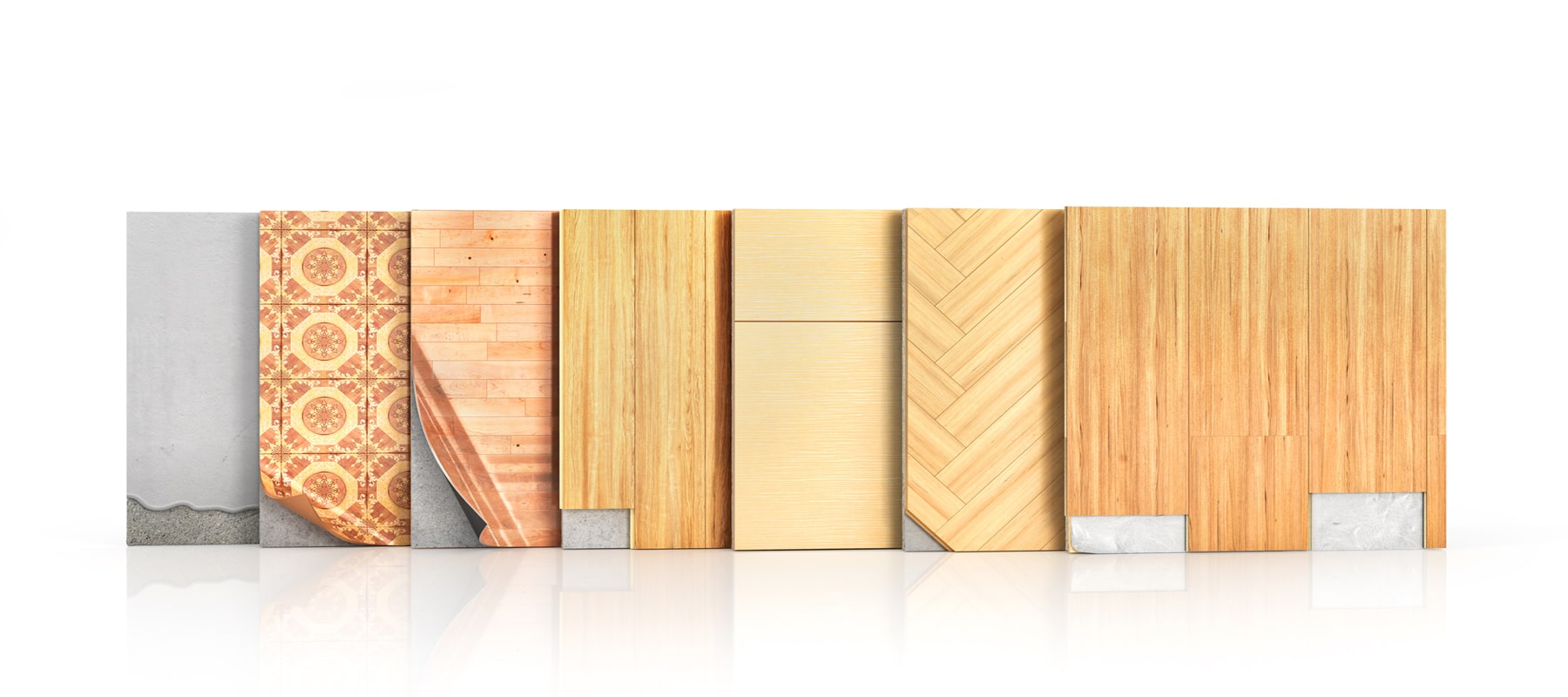How Much Does Walnut Hardwood Flooring Cost?
Last Updated: January 14, 2022
On This Page
Two distinct wood species are commonly used to make walnut flooring: American black walnut and Ipe (Brazilian walnut). While both are dark woods that add an air of sophistication to any room in the house, the difference in hardness between domestic and exotic walnut means you'll want to think carefully about which species is the best fit for a particular room. Use this free buying guide from Cost Owl to learn more about walnut flooring, including what options are available and how much it costs.
Comparing American Black Walnut and Brazilian Walnut #
American black walnut and Brazilian walnut differ most significantly in terms of hardness (1,010 on the Janka hardness scale compared to 3,650, respectively). Flooring hardness translates into durability, as harder woods are less likely to dent. One of the hardest woods available, Brazilian walnut is acceptable for very high-traffic areas. In fact, due to its fungi, insect, and fire resistance, Ipe can be used for decking and other outdoor applications.
With a Janka rating of 1,010, American black walnut is by no means a softwood. It is, however, not the best choice for rooms that receive very high traffic. Precautions such as trimming your pets nails, using rugs in heavy-traffic areas, placing pads under furniture feet, and sweeping/vacuuming regularly should be taken to protect American black walnut flooring from dents and gouges.
A final word on these two walnut species concerns coloration. Although all woods have some color variation, there is a significant difference between the sapwood (lighter and cream-colored) and heartwood (brown to black) of American black walnut. Manufacturers can address this, to some extent, by steaming the lumber. Brazilian walnut also has a range of colors, but the wood selected for flooring tends to be on the darker side. Keep in mind that it's possible to stain walnut flooring in order to achieve a more uniform look or match it to the existing décor.
Walnut Hardwood Options #
All hardwood is available in various thicknesses (with ¾, 5/16, 3/8, and ½ inch thick being among the most common), widths, and grades. There are also styles such as distressed, hand-scraped, and antique to choose from. Two of the bigger options, whether the flooring is prefinished or unfinished and solid or engineered, are explained below.
Prefinished and Unfinished Walnut Flooring #
Prefinished flooring has a factory-applied stain and finish coat. It is ready to install the moment it arrives at your home. Unfinished flooring, by comparison, must be sanded, stained, and finished onsite, either by the homeowner or a contractor. Factors to keep in mind when choosing between finished and unfinished flooring include:
- A factory finish tends to be thicker and more durable.
- Unfinished flooring provides more color choices (stain it any shade you like).
- Costs tend to be more or less the same after labor and materials are accounted for (unless you choose to finish unfinished flooring yourself).
Solid and Engineered Walnut Flooring #
Solid walnut flooring is 100% hardwood, top to bottom. The planks are milled from walnut trees with nothing more than a factory finish applied. Engineered flooring is 100% wood, but only the top layer is walnut. The underlying layers are made of a plywood-like material. Key differences between these two products include:
- Solid hardwood must be glued or nailed to a wood subfloor; engineered wood can be "floated" (no glues or nails) over concrete.
- Solid hardwood (depending on the thickness) can usually be refinished a greater number of times than engineered floors.
- Engineered floors are more stable and less prone to warp and shrink according to changes in temperature and humidity.
Walnut Hardwood Flooring Costs #
- Prices between American black walnut and Brazilian walnut, as well as between solid and engineered flooring, vary but are for the most part comparable. Expect to pay $4 to $9 per square foot for the flooring itself and an additional $1 to $4 per square foot for installation ($5 to $13 per square foot total, or $1,000-$2,600 for a 10' x 20' room).
